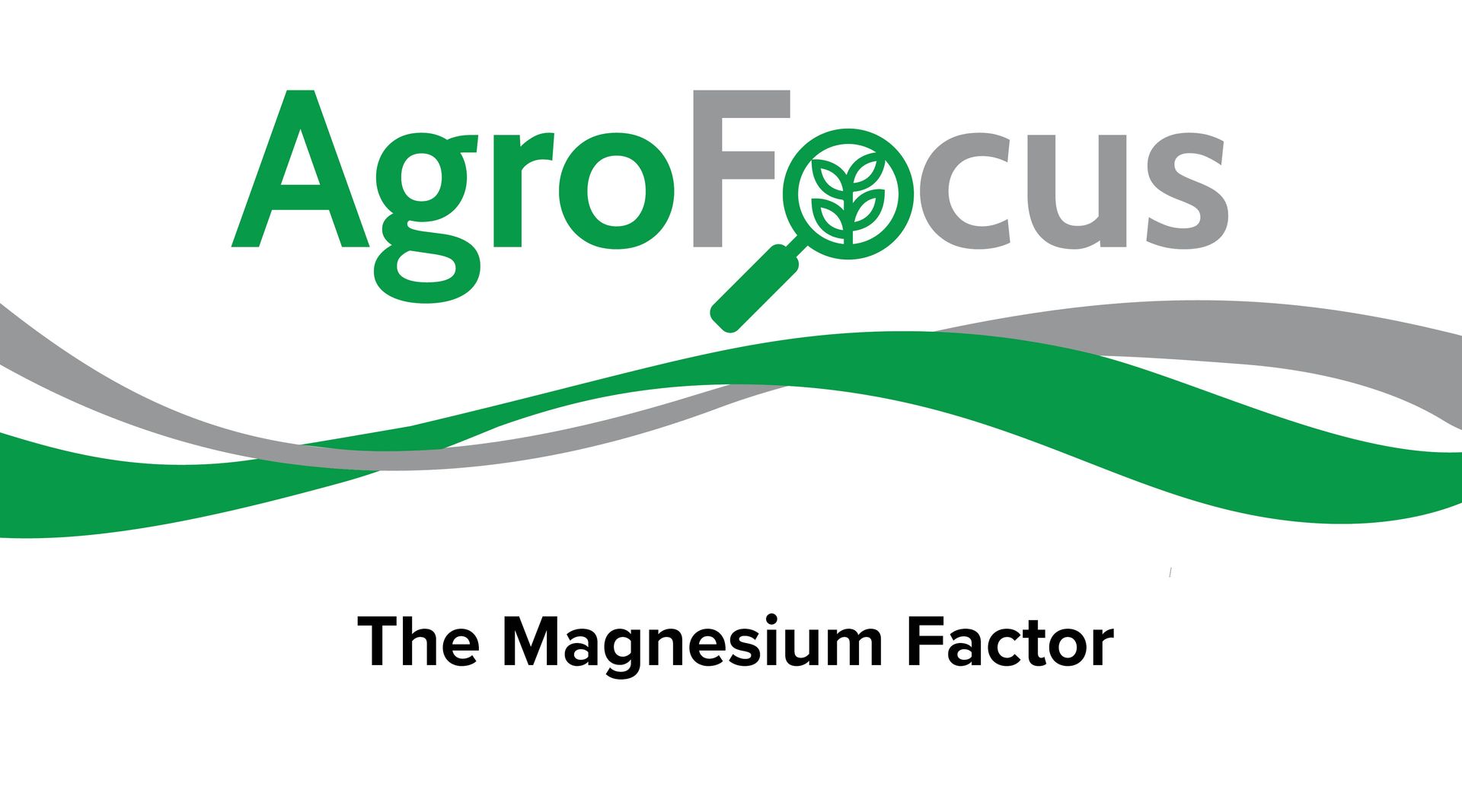

If someone gave you two different gallon containers filled with water, you would likely assume they were the same. At first glance, a gallon of water looks pretty much like any other gallon of water. However, the chemical composition of that water could be very different. This fact is critical, especially if you have a specific use for the water. The most obvious difference is the possible difference in salinity, like the difference between sea water and fresh water. If you wish to use the water in your aquarium, you must have the correct kind of fish or they will not be able to live because of the difference in the water. Likewise, you cannot use the sea water as irrigation water; in fact varying levels of salt in fresh water could cause injury to plants. Fertilizer is much the same way. The chemistry of the fertilizer formulation makes a huge difference in seed safety, salt content, solubility, and potential for foliar absorption. All fertilizers are not the same. Farmers are very aware of the differences between urea, ammonia, and nitrate. Similarly, there are huge differences between sources of phosphorus, potassium, and secondary and micronutrients. Purchasing fertilizer based purely on its analysis, simply because you want is the one with the highest overall nutrient make-up is not logical. Science has proven there are more efficient fertilizer chemistries which are especially useful for pushing production, reducing risk, and minimizing losses to the environment.-Wayne Becker, Southern US Sales Agronomist
If someone gave you two different gallon containers filled with water, you would likely assume they were the same. At first glance, a gallon of water looks pretty much like any other gallon of water. However, the chemical composition of that water could be very different. This fact is critical, especially if you have a specific use for the water. The most obvious difference is the possible difference in salinity, like the difference between sea water and fresh water. If you wish to use the water in your aquarium, you must have the correct kind of fish or they will not be able to live because of the difference in the water. Likewise, you cannot use the sea water as irrigation water; in fact varying levels of salt in fresh water could cause injury to plants.

